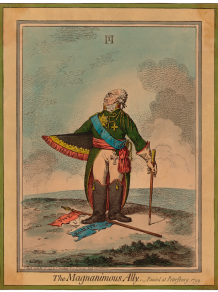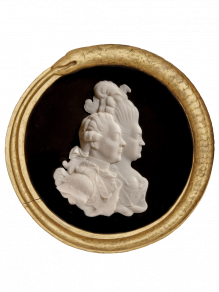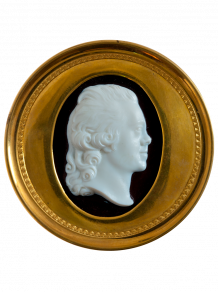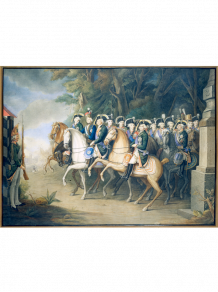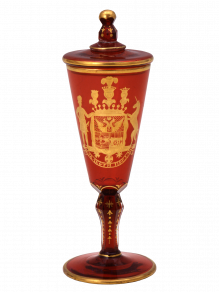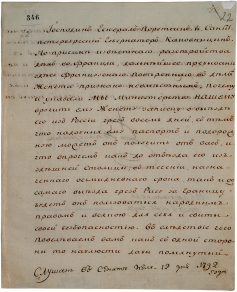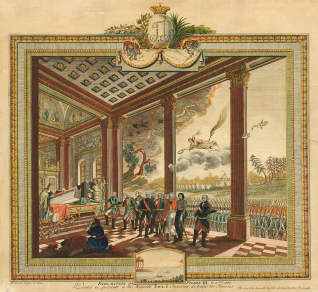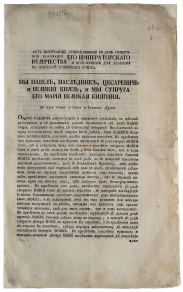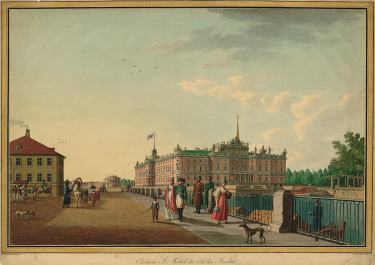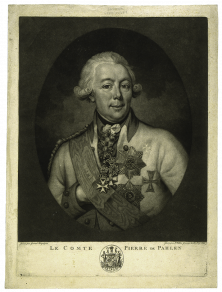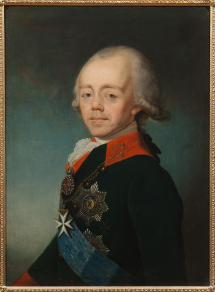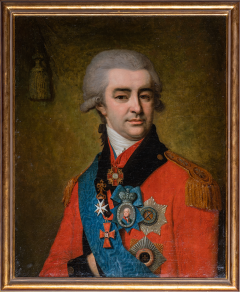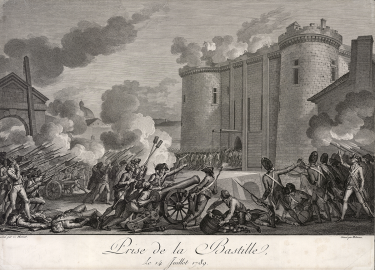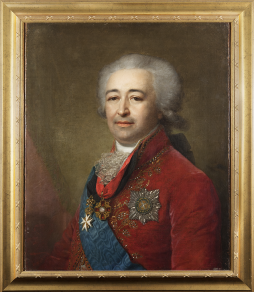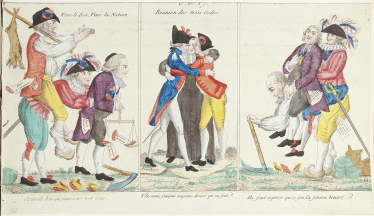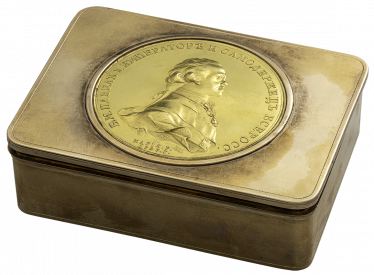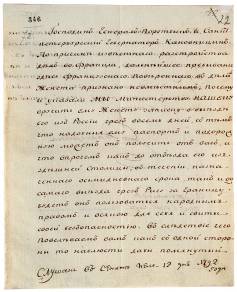Autocracy, Russian society and Great French Revolution of 1789. Russia under Paul I. 1796-1801
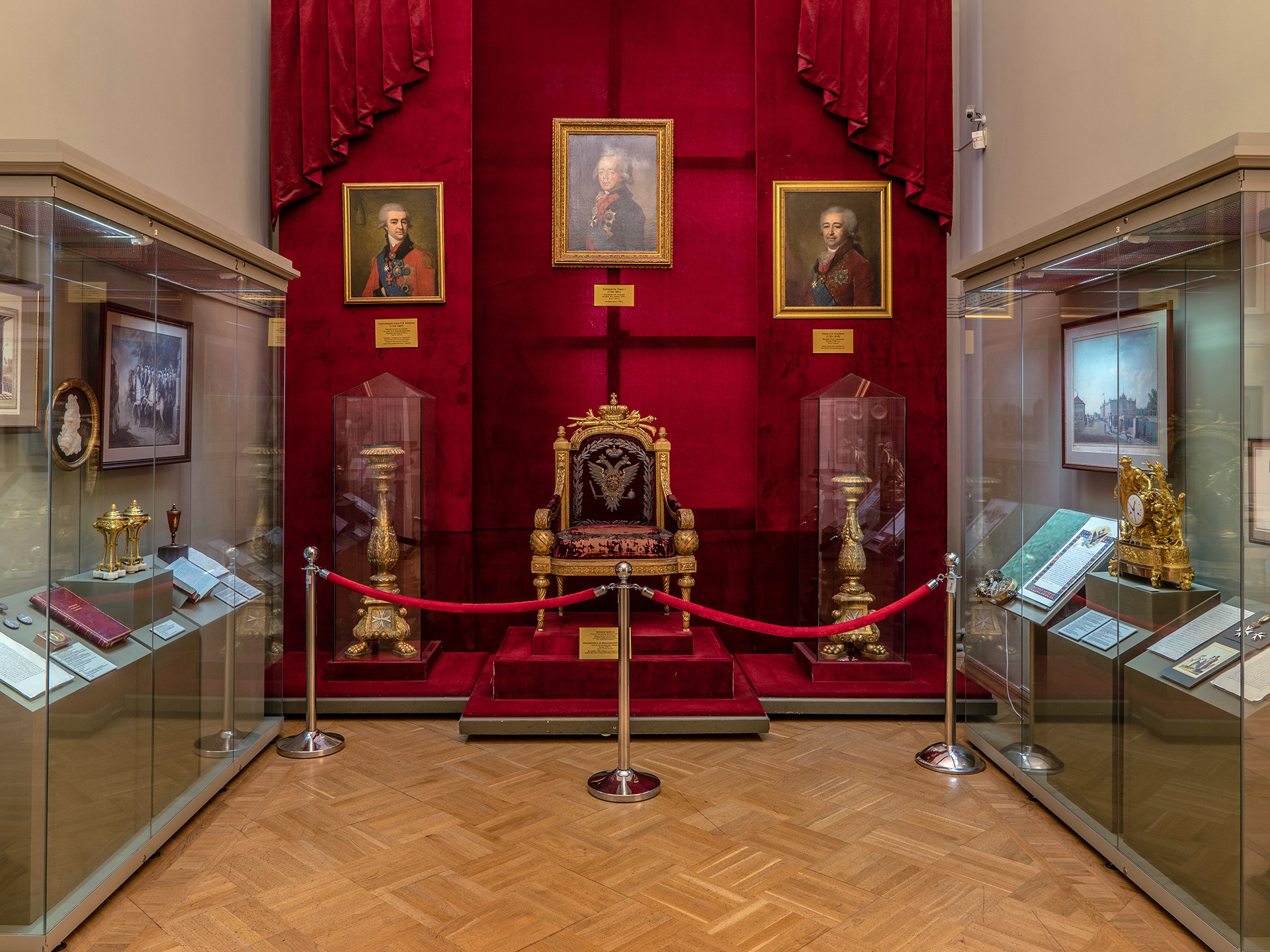
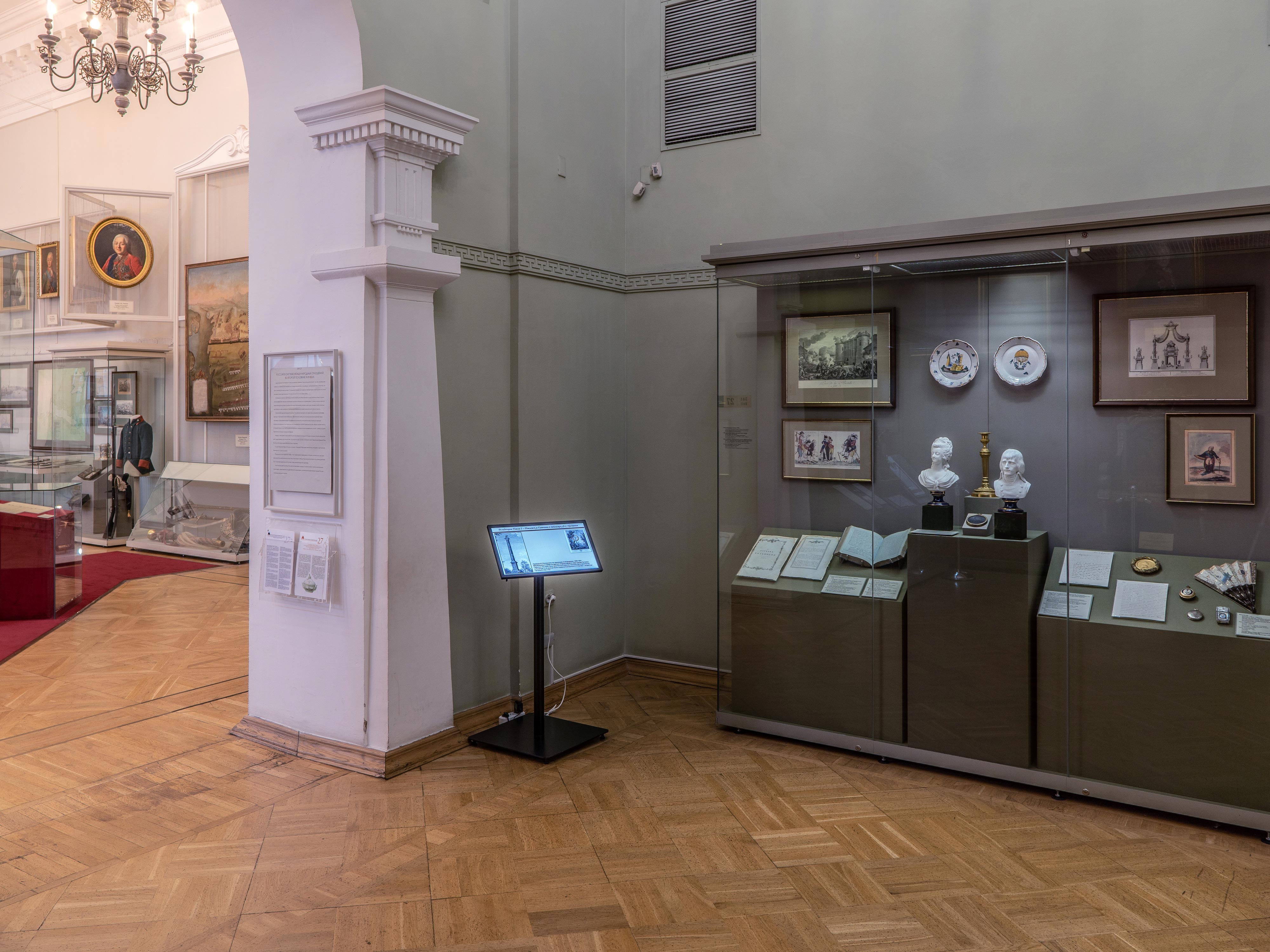
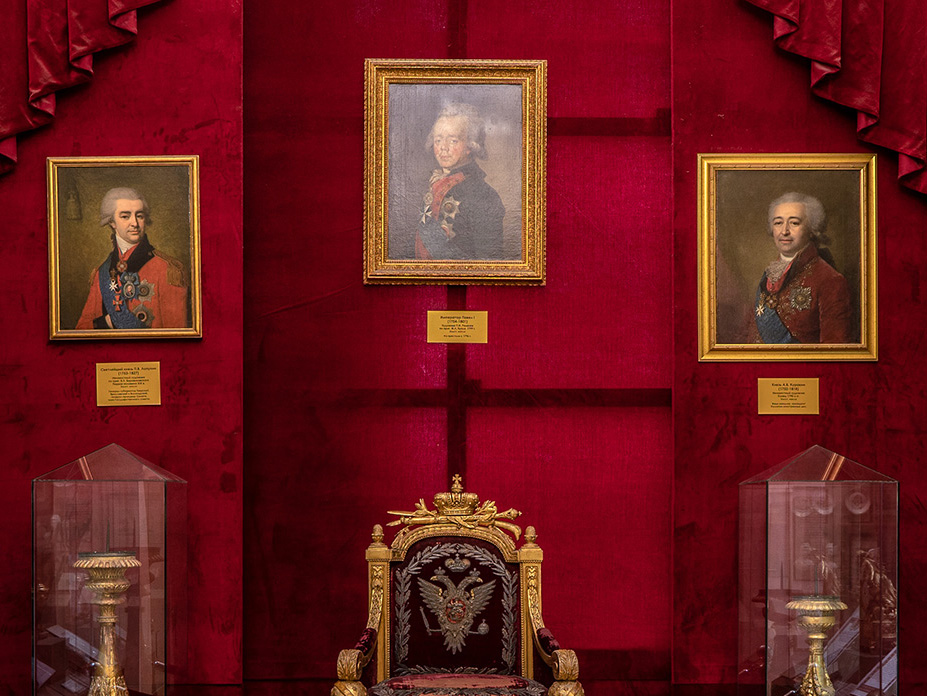
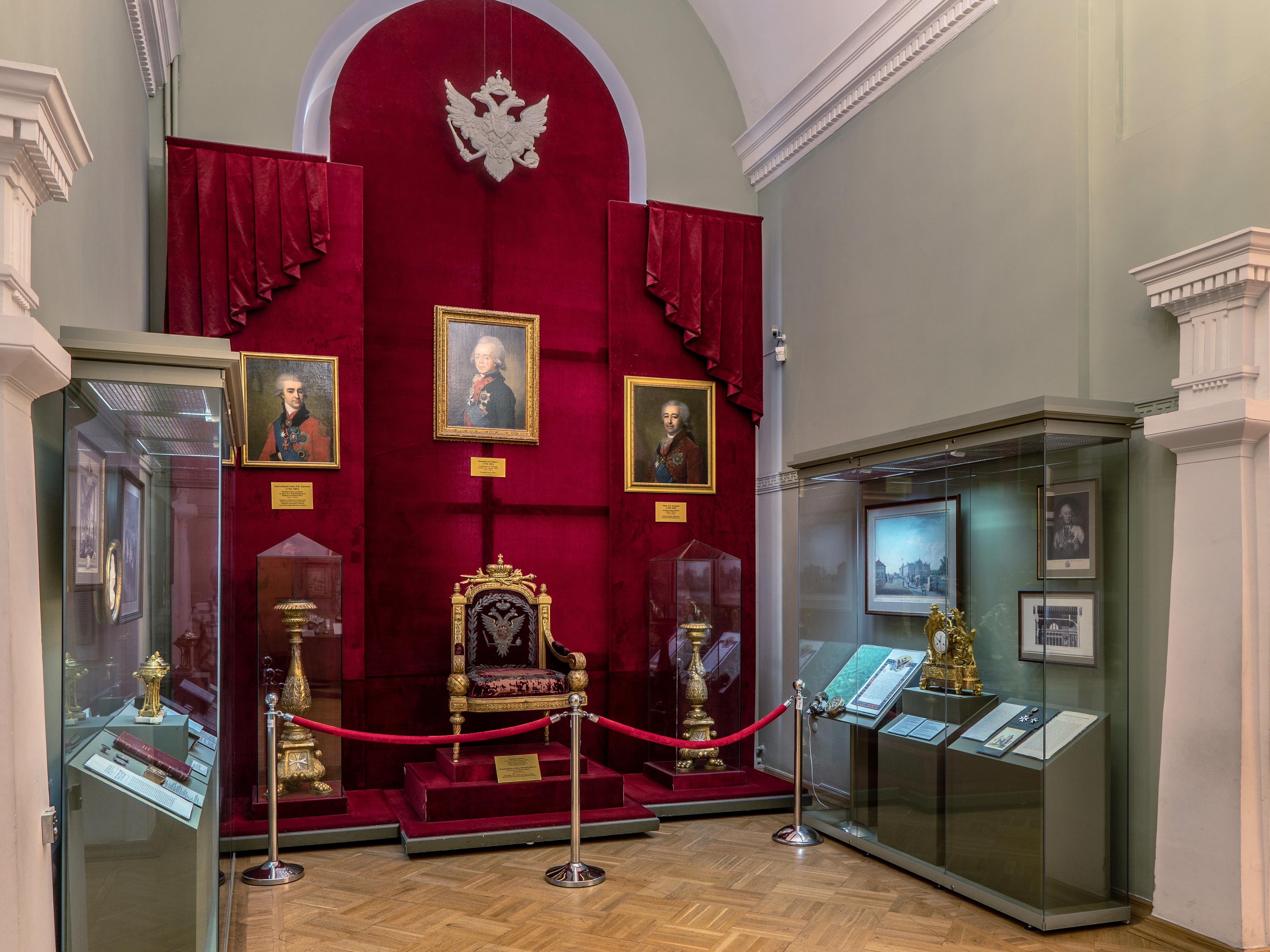
On July 14, 1789 the rebellious people of Paris stormed the symbol of Absolutism, the Bastille prison. The Russian public was informed in detail about the events in France getting information from official Russian Newspapers and magazines and from foreign publications. Everywhere – in the salons of the nobility and in taverns – The News from France were discussed. The most thoughtful contemporaries guessed in the events in France "the beginning of a new era", "the advent of the era of civil liberties and human rights."
The attitude to the Revolution in France in Russia was unclear. The Imperial Court and the Nobility were scared, because many actions of the angry people reminded of the recent Pugachev rebellion. Catherine II, whose hands were tied at that time by two wars – with Turkey and Sweden, undertook a number of diplomatic steps against revolutionary France, and in 1792 broke off relations with it. The Royalist Emigration received from the Empress large subsidies for restoration of the Monarchy. The execution of king Louis XVI early next year became a signal for the reaction in Russia.
The events in France have also affected the policy of Paul I (1754–1801), who considered his main task to preserve the existing regime; to counteract the spread of revolutionary sentiments in Russia and in Europe. In his opinion, this should be done through strict military discipline and police measures, removal from the State and public life of all manifestations of personal and public freedoms. He imposed censorship, closed down private printing houses, prohibited the import of foreign books, he prohibited wearing of round French hats, implemented other measures that restricted personal freedoms of citizens and unified of all spheres of life.
The intention to act against the will of his mother determined the entire reign of Paul. He revised all main reforms of the previous rule, altering not only the administrative-territorial division, but also the system of governance. He reorganized army to the Prussian model, launched the attack on the class rights and privileges of the Nobility. The most significant event of the reign of Paul was the legitimization of transfer of the Throne to the heirs along the male line.
The impulsive, quick-tempered and unpredictable temper of the Emperor created a situation of uncertainty within the Russian society. The policy pursued by him gave rise to discontent among the wide circles of the Russian Nobility. The natural result was a coup in 1801, in course of which Paul I was killed.
